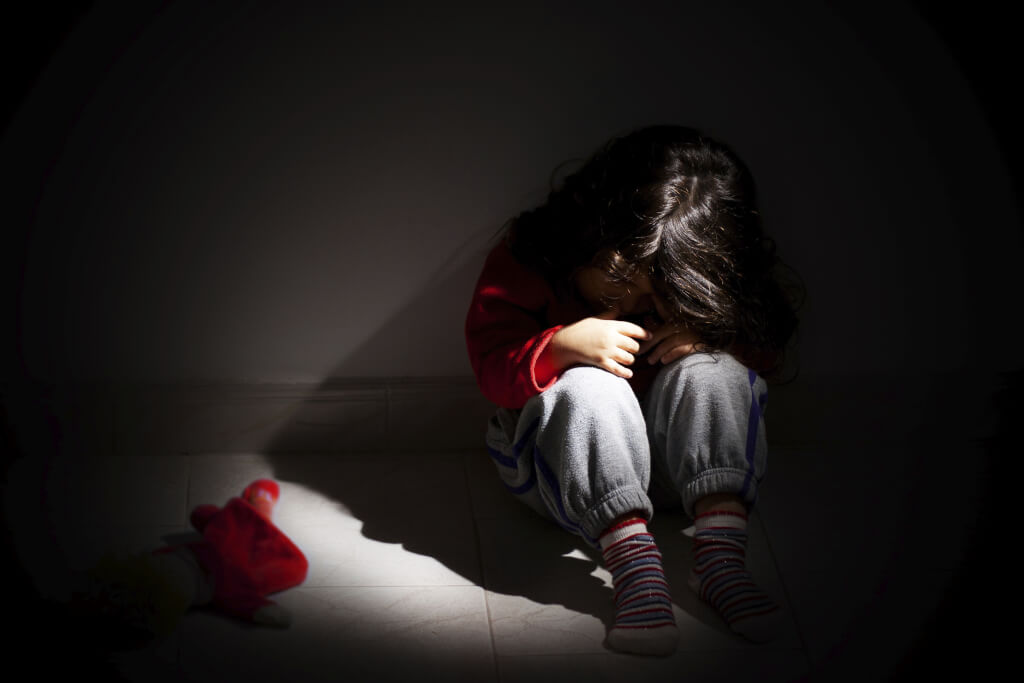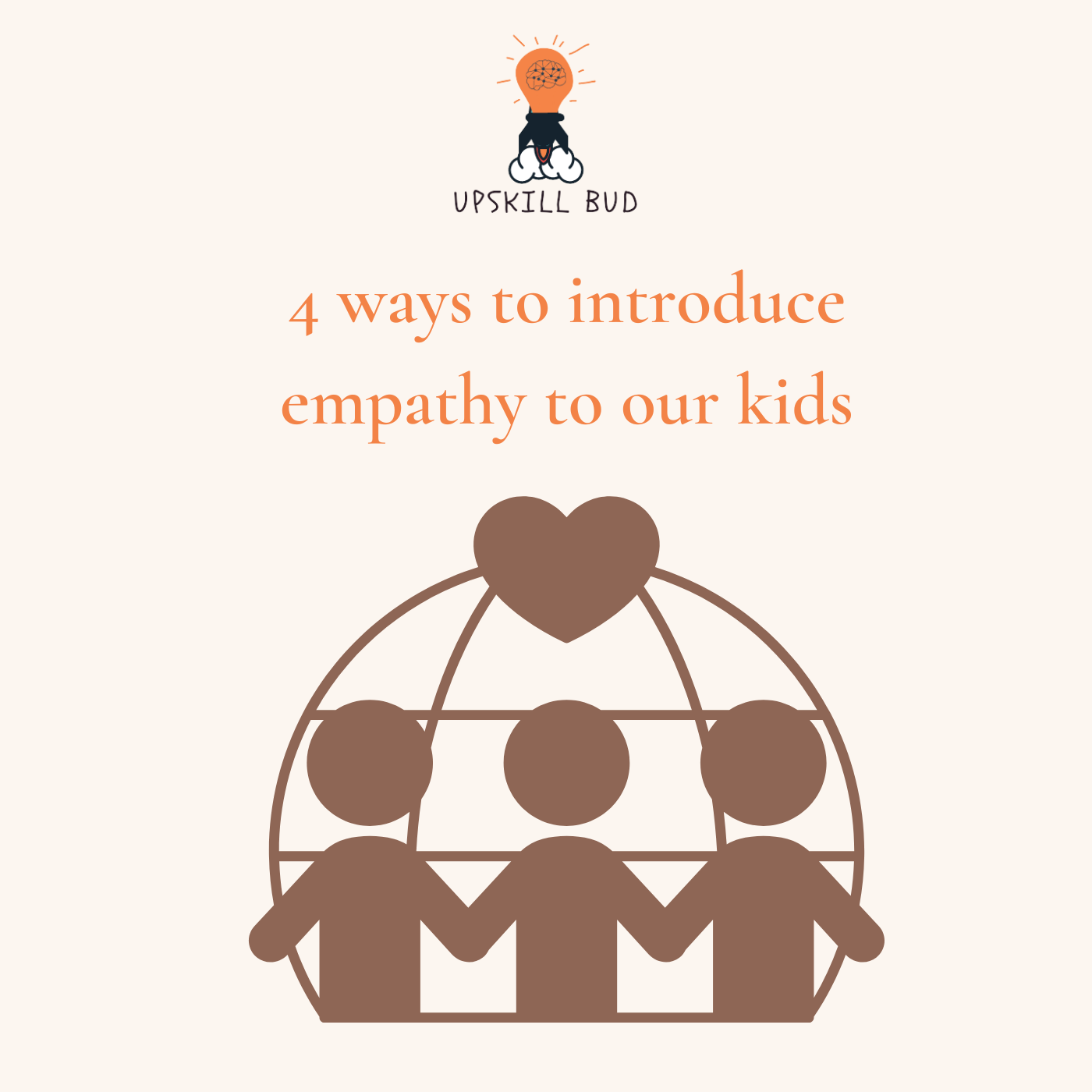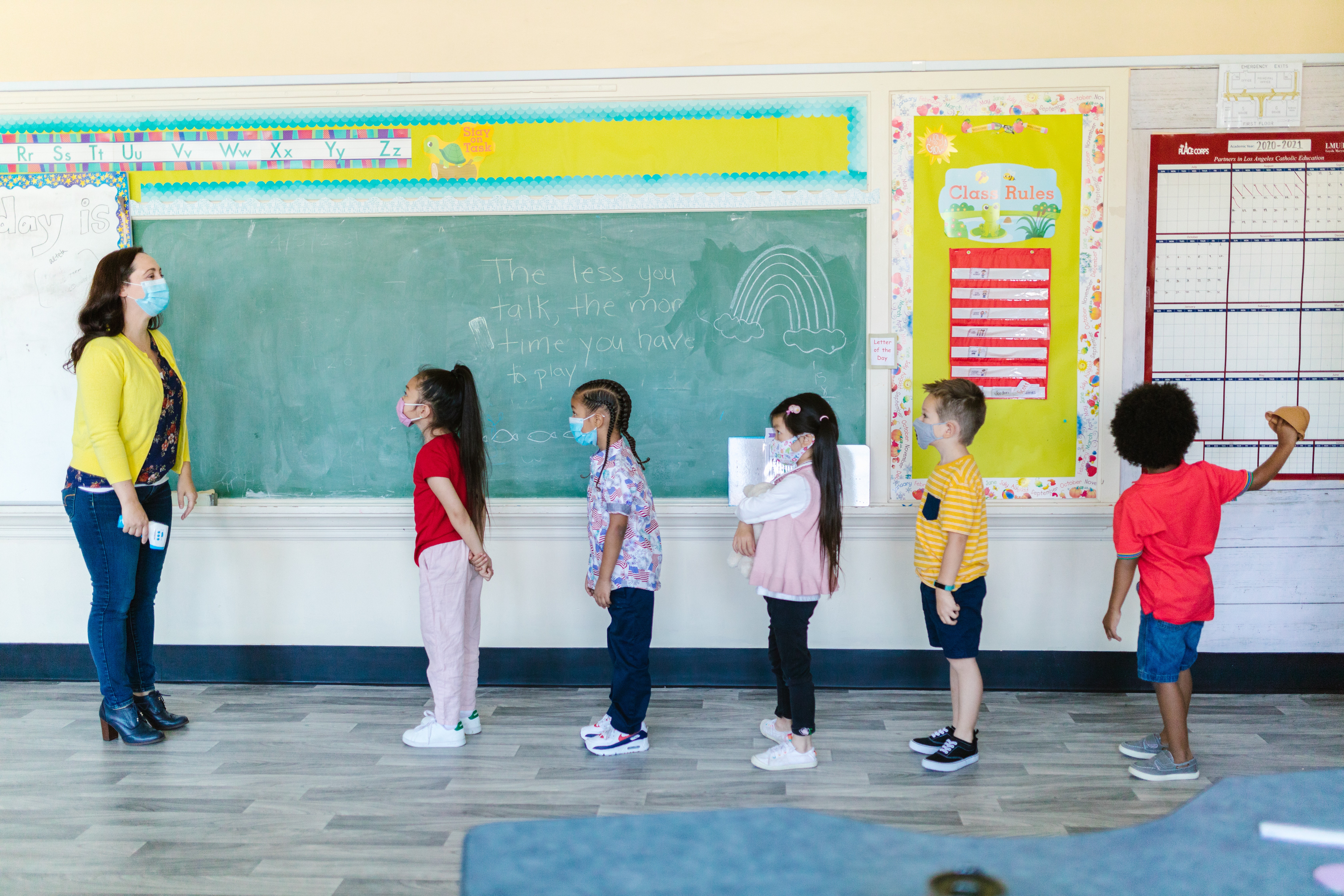
Parental Intervention in Coping with Childhood Trauma

Children understand and perceive human interaction through their parents. From infancy to childhood and adolescence to adulthood, parents always occupy significant space in their lives. Therefore, it is safe to say, the importance of Parental Intervention in Coping with Childhood Trauma is not just integral, but pivotal in helping a child survive childhood trauma.
In the previous write-up, we shed light on how trauma can impair physical and emotional health of a child. Manifesting as anxiety, post-traumatic stress disorder (PTSD), depression, or other forms, they cripple normalcy. This impacts friendships, social interactions, academics and various other facets of life. Knowing how to recognize and respond, but not react, is essential to balance this tightrope-walk.
Emotional and physical availability: Listen patiently
In times of joy, and more so in times of turmoil, children feel the need to share. The first thought in such situations is that of a need to talk to parents. Essentially, they seek comfort and solace. It is a yearning for assurance, without which, they might start to see a dead end. All they need is a patient ear. It is of utmost importance for parents to understand that children wanting to talk, is a positive sign.
Even if the conversations get aggressive, parents should make it a point to not react or take it personally. This happens due to irritability, bottled up emotions, resulting from traumatic incidents. Also, such conversations help parents identify triggers and avoid bringing up references that trigger memories of the trauma.
Being judgemental can be detrimental
Depression and anxiety are a package of crippling confusion, which adversely impacts decision making. Those going through such turbulence experience a myriad of emotions, like, paranoia and an impending sense of doom. During phases like these, there is a constant fear of being judged, which hampers their willingness to talk.
In other words, the children want to vent and expect parents to accept them as they are. This allows them to grow comfortable in the parent-child relationship space. Moreover coming across as non-judgemental and accepting is a message to the child that they can trust again. Further, if this results in uncomfortable topics featuring in conversations, they’re half-way there. More importantly, this is a validation of the kids recognizing the trauma and not surrendering to avoidance.
Do not delay treatment
While stats show the positive influence of parental intervention in coping with childhood trauma, PTSD necessitates treatment in some cases. It is here that parents or caregivers need to act in a steadfast manner. If the symptoms have persisted for weeks, without showing considerable signs of alleviating, seeking professional medical help is a must.
Symptoms vary with age among young children, school-age children and adolescence. This necessitates a cautious, meticulous approach and dedicated caregiving. Talking to a therapist will allow the child to share feelings, which they might feel uncomfortable sharing with parents. In addition to this, it is important to speak and analyse the approach to treatment the therapist will adopt. Most importantly, do not delay treatment at any cost.
In conclusion, you, as a parent form the child’s primary and pivotal support system. Consequently, eliminating any chance of stigma associated with mental illness becomes the most fundamental responsibility. Further, allowing your child some independence in decision making, establishing a healthy routine and seeking medical care without second thoughts will help your child to recovery.
Also Read: The Role of Mental Health Awareness in Battling Stigma
Recomended Blogs

Ever wondered how simple would it be if our kids just follow whatever we say? Or best, if they do it a

Zedua
3 years ago

Before we even start, let us learn what is empathy? Empathy is truly caring for others. Understanding

Zedua
3 years ago

An important dimension of parenting is to discipline children in the habit formation stage. It helps i

Zedua
3 years ago
